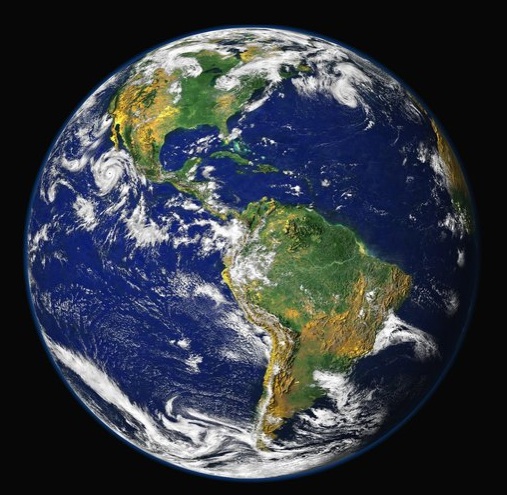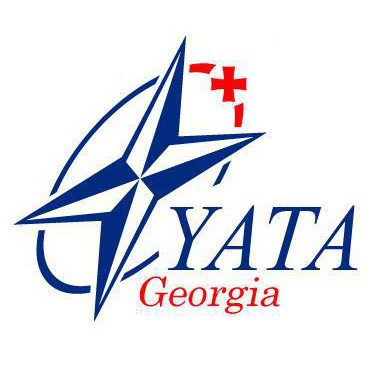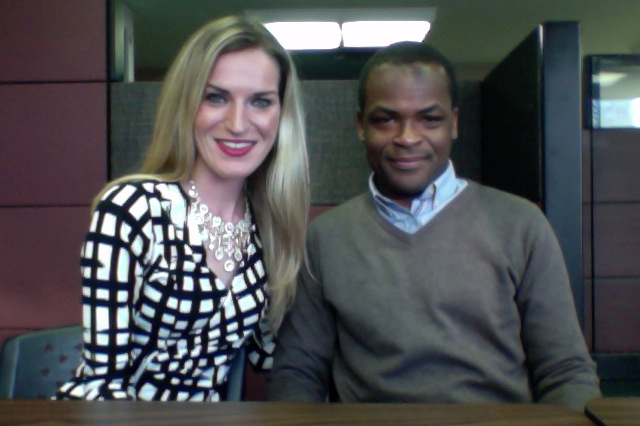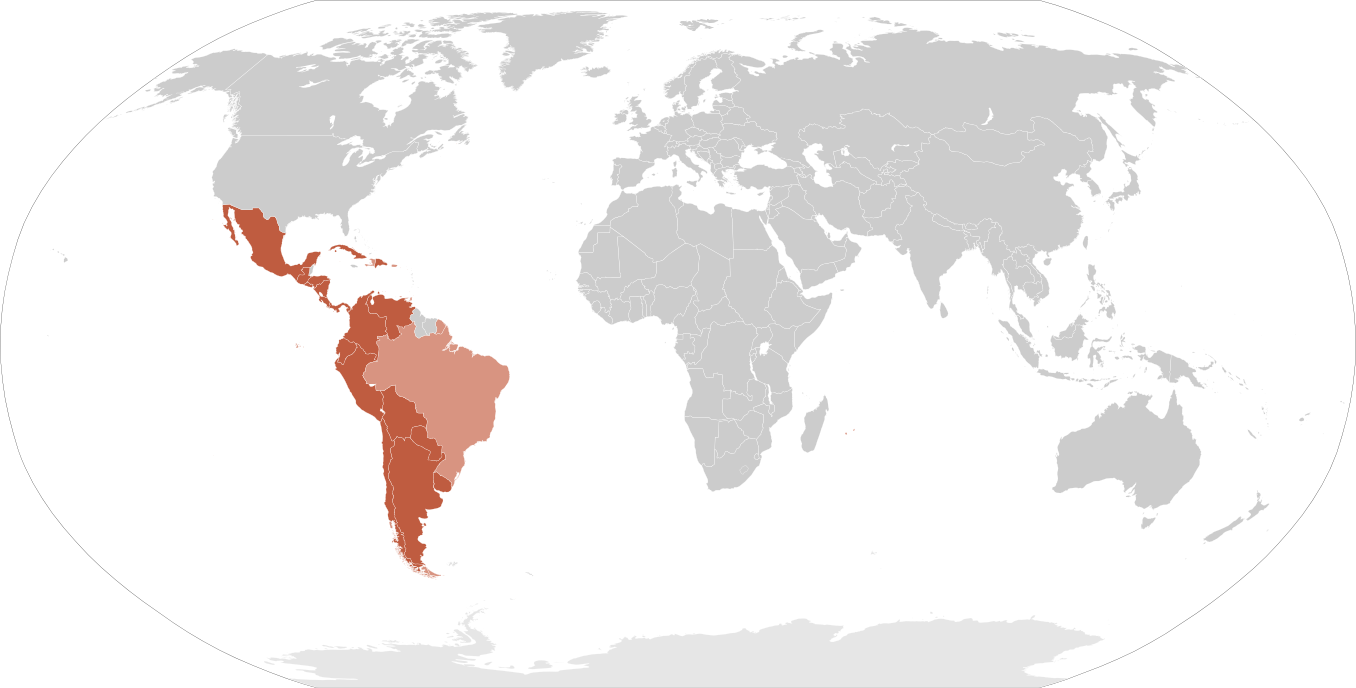As this will be my final piece, I would like to thank the NATO Association of Canada for providing me the opportunity to share my interests with everyone through written published articles. I have truly enjoyed writing about various areas, including Latin America, China, nuclear waste, piracy and biometrics.
In the post-Soviet era, the North Atlantic Treaty Organization (NATO) changed to become more about membership enlargement, focusing on global deployment and military transformation. The real driving force that started everything was the violence in former Yugoslavia. In 2003, NATO created the NATO Response Force (NRF), which was a symbolic sign of NATO`s transformation.
The NRF “is a highly ready and technologically advanced multinational force made up of land, air, maritime and Special Operations Forces (SOF). In addition to its operational role, the NRF can be used for greater cooperation in education and training, increased exercises and better use of technology.”
What is interesting to note is how technology has played a crucial role in upgrading NATO’s way of operating. Especially within the NRF, where the use of technology in a more efficient way is part of its continuing role in promoting and achieving peace and security. With the influence of the Information Age, NATO has recognized the increasingly highly digitalized and globalized societies the world is becoming.
Cyberterrorism and the increasing advancement in technologies is causing the world to become more complex. This new global system that countries are now operating in is more interconnected and leaders must no longer think of national security but instead, of global security.
In Canada, steps have been taken towards global security, particularly in regards to terrorism. The Canadian Security Intelligence Service (CSIS), was, under the former government, granted new powers under the anti-terrorism legislation. Bill C-51 expanded CSIS’ traditional role of collecting, analyzing and reporting intelligence to now taking action to foil security threats. Expanding CSIS powers may further change with the new government under Prime Minister Justin Trudeau. However, the changes so far under Bill C-51 will largely remain the same with the new role CSIS is expected to take.
The change of this civilian agency, which was created in the early 1980s after the RCMP security service’s illegal activities and violation of civil-rights were discovered, largely provides an example that reflects a need for Canada to adapt to the demands of today’s complex globalized world. In order for Canada to protect its own citizens, it must now extend security beyond its own borders.
The international community of nations also needs to adapt to a more global perspective when it comes to providing security for one’s country. When new threats emerge elsewhere around the world, countries no matter where they are situated, should already be taking action to prevent the threats from spreading due to globalization. Adaptation and early prevention seem to be key requirements from countries in today’s complex world in order to lead to long-term peace and prosperity not only for every country, but also for the success of one’s own.




